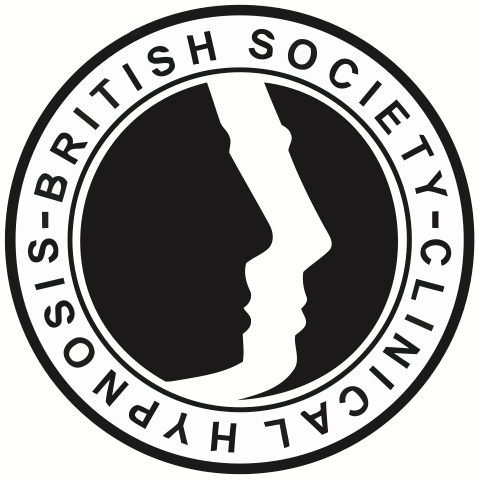Stress Awareness Month has been recognised every April since 1992, but perhaps during the pandemic this last year, has more significance than ever before.
Learning to cope with stress and finding healthy ways to deal with stressful situations goes a long way towards living a healthy and positive life.
Stress in itself is not a mental health problem. Our stress response aka “fight or flight” is key to our survival, without it we wouldn’t have lasted very long as a species.
Imagine early man and early woman cruising the savannah without a care in the world, blissfully unaware of threat or danger and walking straight in to the jaws of a sabre tooth tiger. The story would not have ended well, I would very likely not be here today and neither would you.
The problem with our stress response really only arises when we’re in it too often, too long and often without good reason. Your body gets used to it. It becomes your default, your go-to mode, and when you finally do find yourself relaxed, it can feel a bit odd.
You might then try to remember what it is you’ve been stressed about lately, and BAM! There you are, in that all-too-familiar zone, heart pounding, high blood pressure, intrusive thoughts buzzing around at 100 miles an hour, sweaty, clammy, ready to come face to face with pending doom.
Most of us will be aware that chronic stress has been shown to increase the risk of addictive or destructive behaviour, anxiety, depression and other mental health problems. It can cause problems with our physical health, problems such as heart disease, insomnia, muscle pain and an negatively impact our immune system. Stress has been linked to cancer, through increasing inflammation in the body.
That’s all well and good you might say, but if you can’t stop feeling stressed in the first place, and now on top of that you have to worry about the ill effects of stress itself, you’d be forgiven for thinking you’re on a slippery slope in a wet suit.
In a nutshell stress is about not being in control. And as I’ve so often said, the only thing that you can control is yourself, so letting go of the need to control others or what goes on around you, will stand you in good stead.
How you think, how you respond, how you behave, who you choose to surround yourself with, the work you do, your approach and attitude towards the work you do, what you eat, what you drink, whether or not you exercise, how often you relax, take time out, read a book, practice yoga, meditation, get outdoors, smile the list is endless!
The first thing you can do right now, to reduce stress is close your eyes and breathe. Deep slow breathing is the body’s’ natural stress reliever. This is not your common-or-garden breathing, you’re not shallow breathing but using a technique called 7/11 breathing. This technique stimulates your parasympathetic nervous system (rest & digest) and in just over 60 seconds you will release happy hormones and go from stress to calm.
This is how it works:
Breathe in slowly for a count of 7, take the breath deep down into your diaphragm and when you get to the top of your breath, breathe out through your mouth (like your blowing out a candle) for a count of 11.
Deep abdominal breathing has been scientifically proven to affect your heart, your brain, digestion and your immune system. Research has shown that deep breathing exercises can have immediate effects by altering the pH of the blood, and reducing blood pressure.
Try it out for yourself. Follow this link to download my free audio on abdominal breathing: https://gailmarrahypnotherapy.com/downloads/








